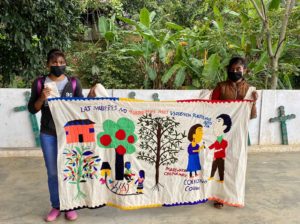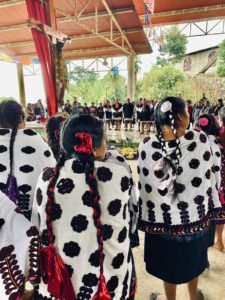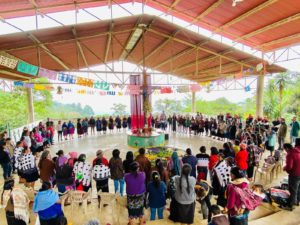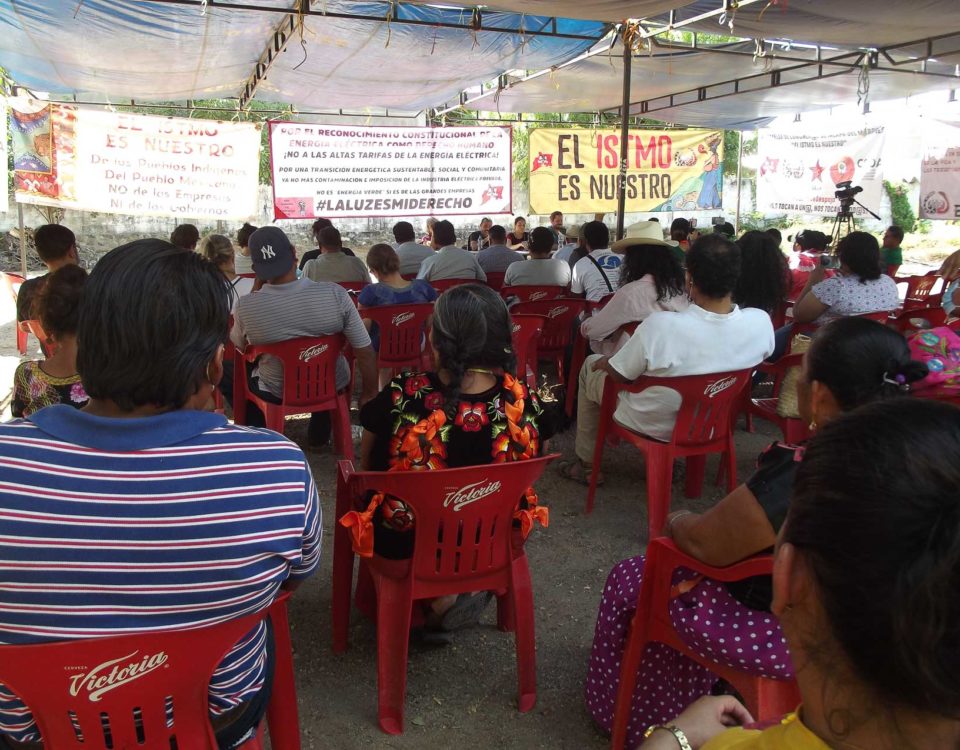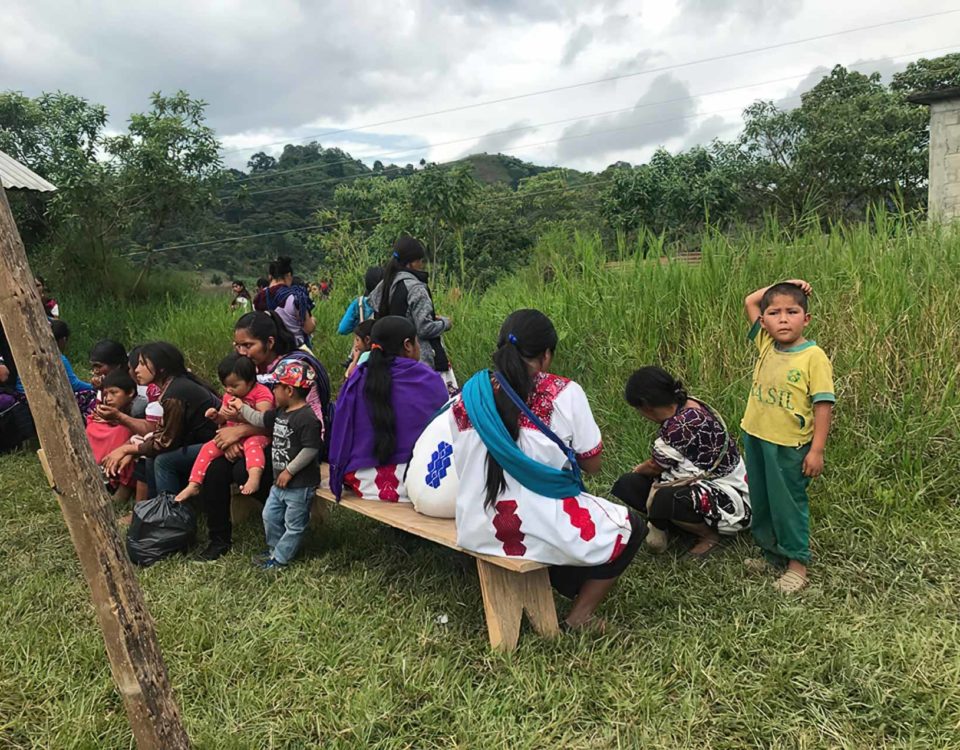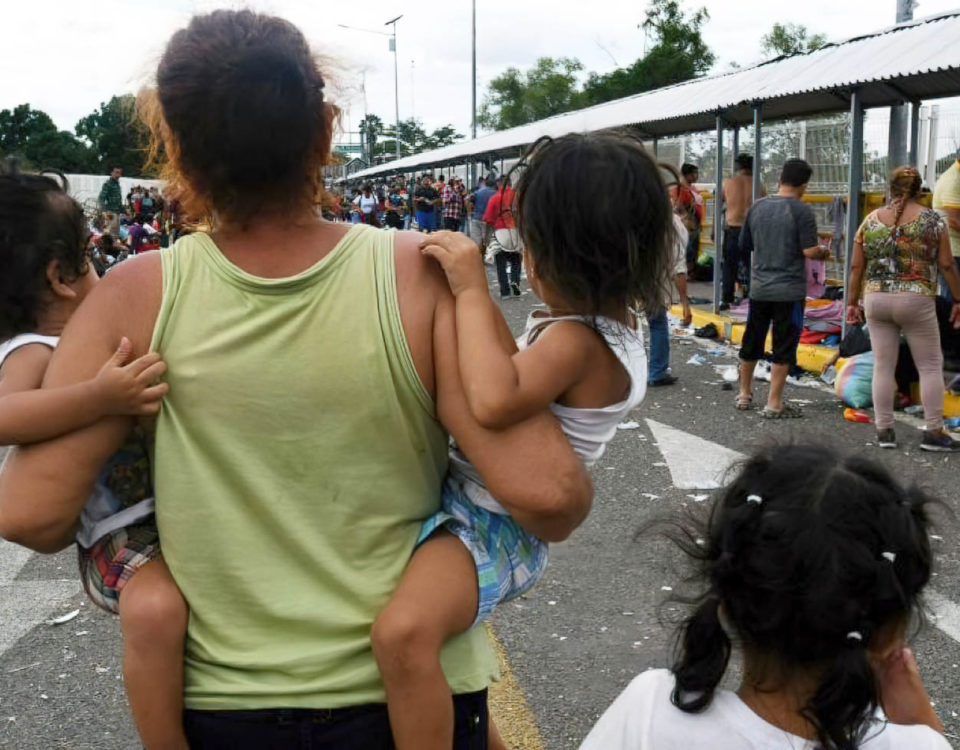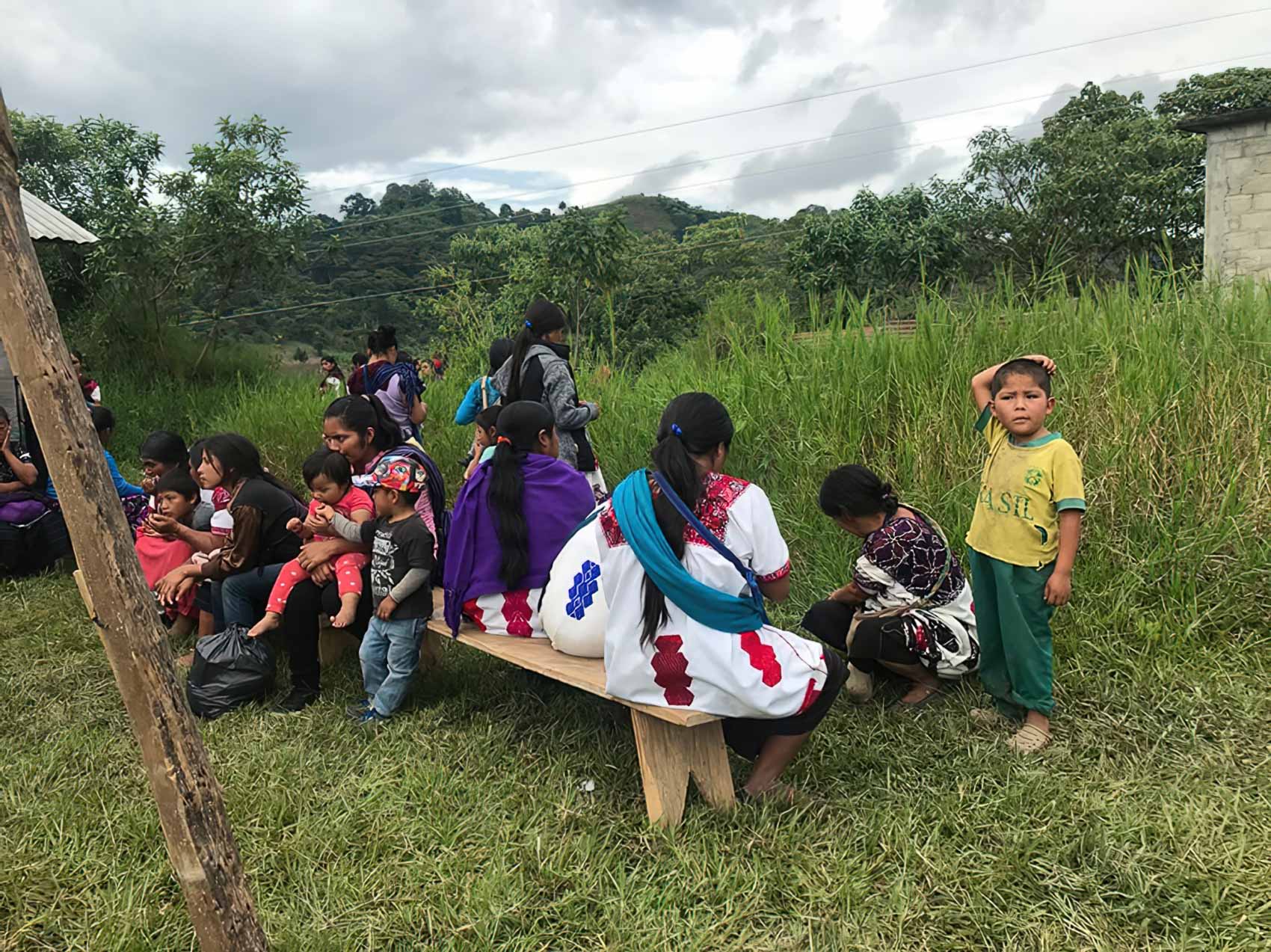
FOCUS: Violence, a high tide on a full moon in Chiapas
08/12/2021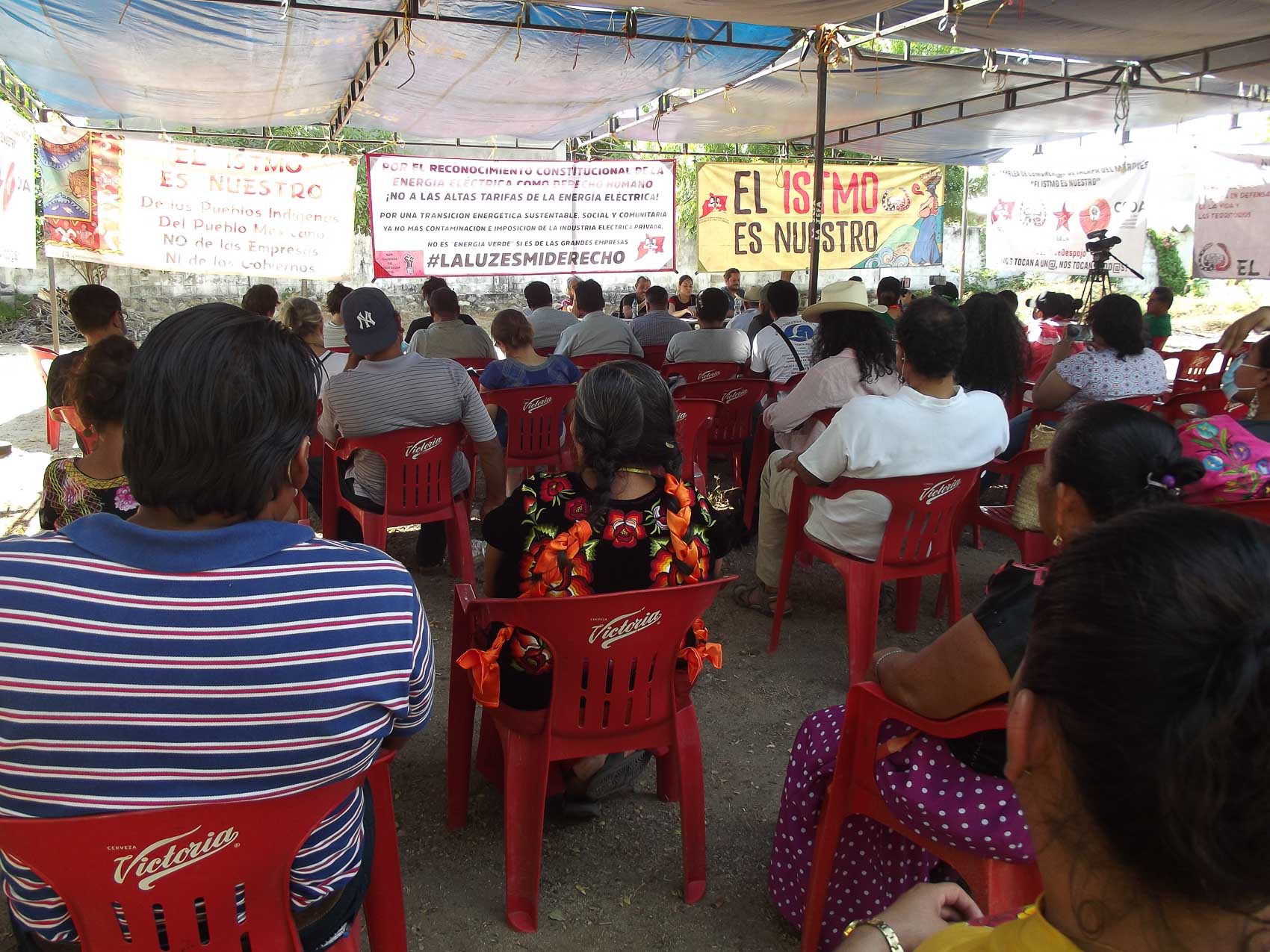
SIPAZ Activities (Mid-August to mid-November 2021)
08/12/2021
T he panorama of violence in Chiapas and its various elements of complexity have been placed in public view in an alarming manner in recent months despite being present for decades (if not centuries). This context affects women with a special tenacity, as well as other groups in vulnerable situations, such as migrants, indigenous people, sexual dissidents, to name but a few.
In Chiapas, almost a third of the population belongs to an indigenous people and three quarters live in poverty. This context often creates the conditions for the perfect storm: a high number of women not only have to face the deep gender gap, but also the structural discrimination for being indigenous, and the historical segregation that keeps them in marginalized conditions.
Nevertheless, despite the harsh attacks of systemic violence, there are several nuclei of organization that resist and confront these structures. Many are led by brave women who speak out and carry out countless actions against gender violence, megaprojects, insecurity and the various causes of the rupture of the social fabric of communities.
An example of one of these spaces for action and reflection is the Movement in Defense of Land, Territory and for the Participation and Recognition of Women in Decision Making, which had its XIII Assembly on November 13th in Acteal, Chenalho.
This meeting was attended by 157 women, representatives of groups from the following areas: the Coastal Region, Zoque, the Highlands, Bachajon, Palenque and the Jungle. The languages present were Zoque, Tseltal, Ch’ol, and Tsotsil. These groups were accompanied by civil society organizations and journalists, including the Chiapas Women’s Rights Center (CDMCH), Doctors of the World, the Fray Bartolome de Las Casas Center for Human Rights, the Swedish Movement for Reconciliation (SweFOR) and the International Service for Peace (SIPAZ).
The value of this networking space lies largely in its horizontal character, which promotes exchange and resonance between the different communities and regions, who, by listening to the different problems faced by each one, can find similarities and support points; while, by identifying differences, they build perspective and provoke the search for common solutions. In the same way, it is a space that promotes intergenerational, intra- and intercommunity dialogue, in addition to being projected to continue in the future in a self-managed way.
The heart of the meeting revolved around the analysis of the context of each region. They highlighted the problems related to megaprojects, militarization, COVID-19, gender violence and government programs.
In this sense, the compañeras from Palenque commented that “the government continues to advance with its projects, such as the Maya Train. We do not know what will happen to those who live near the railroad tracks. Some think it was for their good, but it is not.” Several women, such as those from the Zoque region, have been fighting mining for more than 40 years. As they explained, “it is not only mining, but also other megaprojects, such as oil exploitation, hydroelectric plants, the geopark and monoculture practices that are invading our territories.” And they stressed, “we women lack the right to land.” They explained how megaprojects and extractivism pollute the land, water and air, and the negative effects on the health of the communities. “We demand a good life, we do not want pollution and that is why we do not use chemicals or fertilizers.”
In addition, they pointed out that deforestation is a cause of water scarcity and infertility of the land: “the oil palm monocultures destroy our biodiversity, pollute and deplete water sources, erode our soil, cause forced displacement, are implemented as an instrument of land and territory grabbing, violating our fundamental human rights, accelerating the loss of food sovereignty and the traditional knowledge that women have for food production and seed preservation”, explains the Statement of Women against Oil Palm Monocultures (Agua y Vida, 2021). These projects are imposed on the territories of indigenous communities in the Southeast of Mexico without prior consultation and without giving information about the effects on the land. All this generates violence, criminalization on the territories and the bodies of women. Likewise, monocultures break natural cycles, short chains of exchange of local products and cause a strong loss of identity that translates into migration, alcoholism and domestic violence that disrupts lives (Agua y Vida, 2021).
The women’s presentations were accompanied by embroidered banners, “banners of denunciation, so that our voices can also be heard from the embroidery”, where the expressions of the reality that are lived in their community were reflected. In several communities, alcoholism, drug use and violence against women were identified as the main problems. In this context, the Sembrando Vida (Sowing Life) program was mentioned for causing an increase in drug and alcohol consumption, which also results in an increase in gender violence. “Besides, it generates internal divisions in the communities because some want the program and others don’t. For this same reason, some communities have two commissariats.”
They noted militarization as a trigger for the increase in violence against women. Finally, a message that resonated in all the communities could be identified: “We do not want more violence, we want justice.”
The Movement in Defense of Land, Territory and for the Participation and Recognition of Women in Decision Making is a space built on solid ground to build fairer realities. A very important force for the social change that is a pressing need in Chiapas is this, which comes from the union of different voices and experiences, resisting and pushing back he barriers of violence and arbitrariness ever further.

